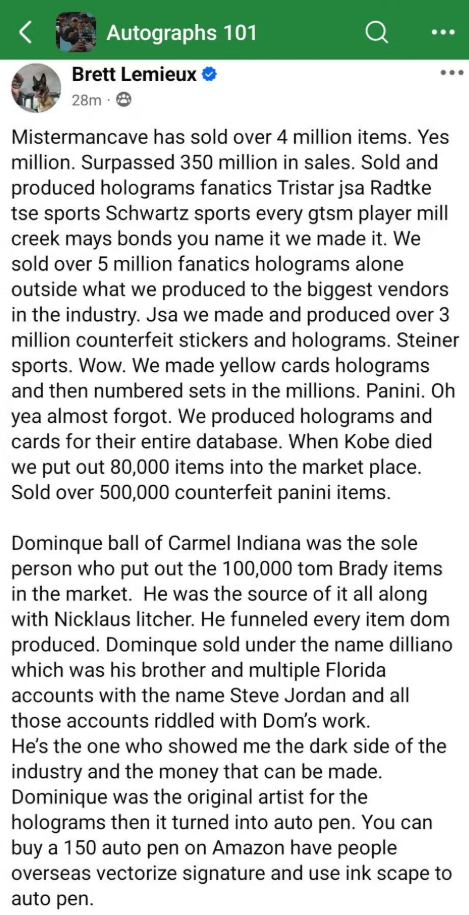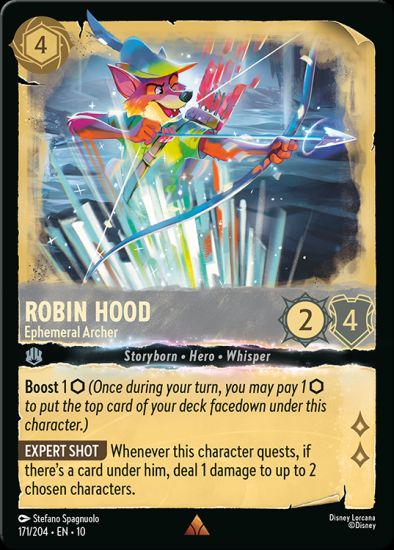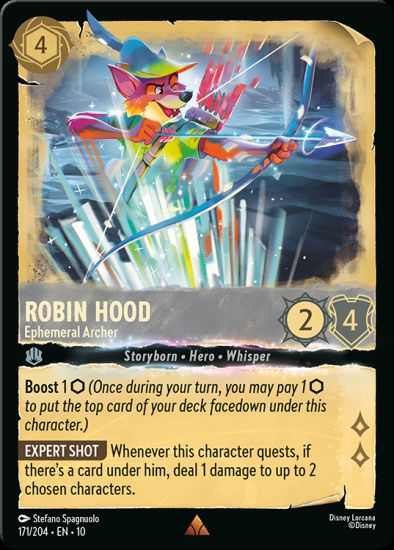In a plot that seems ripped from the pages of a crime thriller, the sports memorabilia world is reeling from a seismic scandal that unfolded in Indiana, where Brett Lemieux—a well-known autograph dealer—emerged as a key figure in a massive counterfeit operation. Now deceased, Lemieux’s shadow looms large over a counterfeit scheme purportedly involving millions of forged sports items.
Lemieux’s name became etched into the annals of infamy after Westfield police discovered him at the center of a fraudulent memorabilia ring during a raid triggered by the alleged mastermind’s own confession in a Facebook group. The plot thickens with Lemieux’s death at the scene, reported as a self-inflicted gunshot wound, leaving behind a digital confession that electrified collectors and insiders alike.
In a display of modern-day villainy, Lemieux reportedly boasted that his operation had unleashed over four million counterfeit sports items into the market, translating to a stunning $350 million in dubious deals. The revelation, made via a heartfelt yet incriminating post in the Facebook group “Autographs 101,” called into question the veracity of countless memorabilia items, rattling the very foundations of the collector community.
At the heart of this deception was Mister Mancave, Lemieux’s business guise that claimed dominion as “the largest framed jersey inventory” online. A deeper delve uncovered a more fictitious persona, concealing the operation’s dubious dealings behind a smokescreen of false addresses and shell corporations spanning Indiana.
Lamentably, the counterfeit calamity wasn’t confined to any single sport. Lemieux’s orchestration extended far beyond basketball, though he allegedly flooded the market with 80,000 fake Kobe Bryant items following the icon’s tragic demise in 2020. His tendrils of trickery reached into other arenas, such as baseball, where inexpensive, supposedly “autographed” Aaron Judge balls raised eyebrows and brows alike. They bore holograms that audaciously proclaimed authenticity, thanks to the complex forgery of credentials typically honored by respected entities like Panini, Fanatics, and Tri-Star.
The reverberations of this scandal have plunged the authentic memorabilia industry into a whirlpool of suspicion—a vexing tale of falsity challenging even the most scrupulous collectors to question their cherished mementos. Industry giants such as Fanatics have proactively revamped their holographic technology to combat this spectral shadow of deception. This commitment, coupled with collaborations with law enforcement and ex-FBI professionals, signals a shift toward a fortification of trust within this besmirched sector.
Yet, doubts linger. The audacious claim of $350 million in sly sales strikes some as swallowing more fiction than fact. Skeptics abound, voicing retorts that these figures could be grossly exaggerated. Autograph authentication expert Steve Grad acknowledges the sophistication of modern forgeries, noting devices like autopens that deftly imitate an athlete’s touch, thus perpetuating deceit within the memorabilia market.
Herein lies a cautionary parable, whispered by those who suspected something amiss: uncanny abundance of items signed by athletes long out of the limelight raised alert bells, even before the scandal surfaced. Other dealers, unwittingly named in Lemieux’s sensational confession, such as Dominique Ball and Nickolas Litscher, vehemently distance themselves, brandishing legal swords to purge any association with this sordid saga.
Investigations continue to untangle the intricate web Lemieux allegedly wove, with authorities suspecting the operation’s reach extends through multiple companies and online platforms, spreading the counterfeit contagion. Names like Ultimate Sports and Signature Dog now hang in the balance, as legal knights and law officers muster to quell the contrived chaos.
Ultimately, this scandal serves as a piercing cry for the collectors’ market—an emphatic reminder of the need for perennial vigilance against the marred facades of fraud. Methinks this is a dawn promising the reawakening of authentic appraisals and security measures, galvanizing the cherished world of sports memorabilia toward an era where provenance matters more than profits, and every hologram tells an honest tale.


